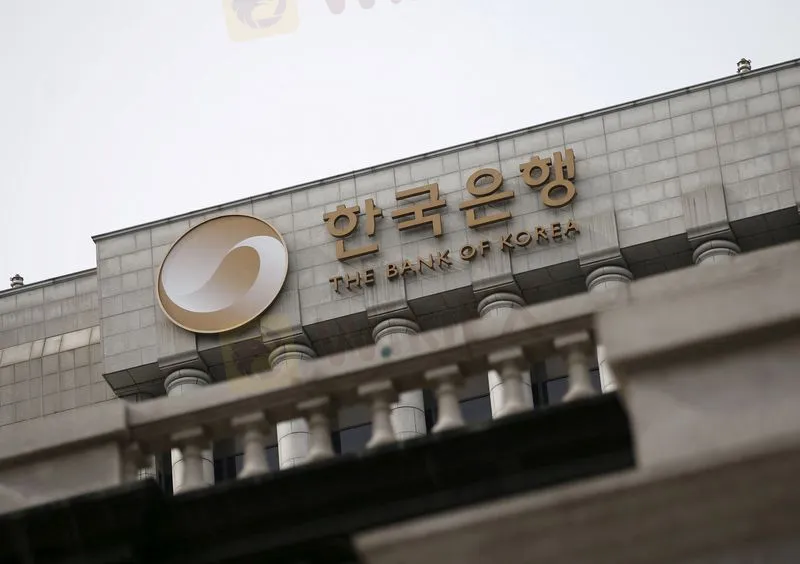简体中文
繁體中文
English
Pусский
日本語
ภาษาไทย
Tiếng Việt
Bahasa Indonesia
Español
हिन्दी
Filippiiniläinen
Français
Deutsch
Português
Türkçe
한국어
العربية
S.Korea FX reserves fall in May on intervention, at 14-mth low
Abstract:The foreign exchange reserves of Asia's fourth-largest economy had fallen to $447.71 billion by the end of May, the lowest since the end of March 2021, from $449.30 billion a month earlier, the Bank of Korea said.

South Korea's foreign exchange reserves shrank in May for a third consecutive month, reaching the lowest level in 14 months because of dollar-selling intervention to support the local currency, the central bank said on Tuesday.
The foreign exchange reserves of Asia's fourth-largest economy had fallen to $447.71 billion by the end of May, the lowest since the end of March 2021, from $449.30 billion a month earlier, the Bank of Korea said.
It cited “measures to ease volatility in the foreign exchange market” as the main reason for the decline, saying the reserves might have increased in U.S. dollar terms, as the dollar had weakened against major currencies in the month.
It did not disclose the scale of the intervention.
The won fell in early May, reaching a 26-month low versus the dollar on May 12, then rebounded to eventually end the month 1.67% stronger than at the end of April.
In dollar terms, South Korea had held the world's ninth largest foreign reserves at the end of April, the central bank said.
For more Forex news, please download WikiFX- the Global Forex Regulatory Inquiry APP.
Disclaimer:
The views in this article only represent the author's personal views, and do not constitute investment advice on this platform. This platform does not guarantee the accuracy, completeness and timeliness of the information in the article, and will not be liable for any loss caused by the use of or reliance on the information in the article.
Read more

Lirunex Joins Financial Commission, Boosts Trader Protection
Lirunex joins the Financial Commission, offering traders €20,000 protection per claim. A multi-asset broker regulated by CySEC, LFSA, and MED.

Why Your Forex Trades Are Always Losing
There is no guaranteed way to win in forex trading, but why do so many people still fail?

BaFin Unveils Report: The 6 Biggest Risks You Need to Know
BaFin’s latest annual risk report highlights multiple challenges for the financial sector in 2025. While the financial system remained stable in 2024, global economic fluctuations, geopolitical tensions, digitalization, and sustainability concerns demand stronger risk management. The report examines six core risks facing Germany’s financial system and three major trends shaping the industry’s future.

Beware of Comments from the Fed's Number Two Official
Federal Reserve Vice Chairman Philip Jefferson's recent remarks have attracted widespread attention in the market.
WikiFX Broker
Latest News
Robinhood Halts Super Bowl Betting Contracts After CFTC Request
3-Day Online Scam Trap: Victims Lose $200K—Don't Be Next!
Japan's January PMI has been released, investors need to pay attention to these points!
Investment Scam on Telegram: How a Woman Lost Over RM65,000
Judge halts Trump\s government worker buyout plan: US media
Spotting Red Flags: The Ultimate Guide to Dodging WhatsApp & Telegram Stock Scams
WikiFX Review: Why so many complaints against QUOTEX?
Trans X Markets: Licensed Broker or a Scam?
Carmaker Kia becomes latest global firm to face tax trouble in India
IMF Warns Japan of Spillover Risks from Global Market Volatility
Currency Calculator


